Should parents be encouraged to openly discuss contraception and youth pregnancy?
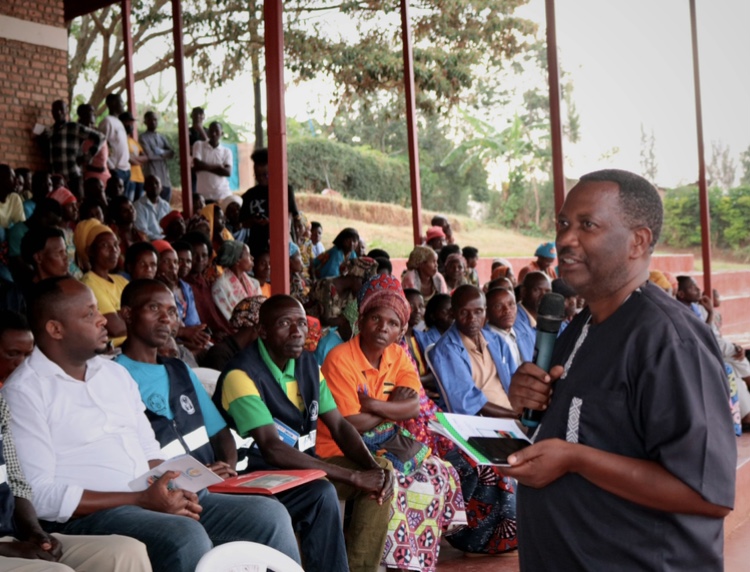
On the occasion of World Contraception Day, Réseau des Femmes reminded parents in Rutunga sector that even if it is difficult to accept or discuss the fact that one’s daughter must take contraception measures, it is necessary because teenage pregnancy is a real issue.
This message was conveyed during an event organized by Réseau des Femmes Oeuvrant pour le développement Rural as part of a five-year project on Sexual and Reproductive health and Rights (SDSR-Rwanda) which Réseau des Femmes implements in all 15 sectors of Gasabo District, in partnership with l’AMIE under the funding of Global Affairs Canada.
Olive Nyampundu, a nurse at Réseau des Femmes stated, “It’s a bit difficult for parents. It is very hard to have lived, to have become a mother, to have given birth to a child, and to raise her; we love our children very much. When you learn that your child is having sex, the risk of them becoming pregnant and giving birth is high. This is the path we must follow as parents due to this current, albeit difficult, problem.”
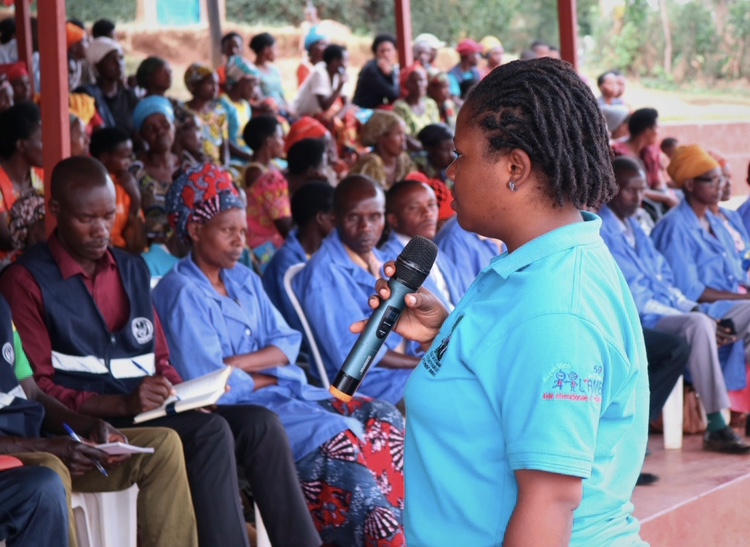
She then explained to concerned parents how to approach their daughters about contraception. She advised that such conversations should not be generalized but should specifically target children whom parents believe are at high risk of becoming pregnant, which could hinder their education and endanger their lives, as they are still young, and their bodies are not yet strong enough for childbirth.
“Aren’t there people here who have children that gave birth at a young age? You need to show her the path she’s on, pointing out that she might get pregnant and give birth while still being a child herself… No child plans to have a baby. When engaging in sex, they often do not understand that it could lead to pregnancy. For most parents, signs become apparent when your child starts to engage in sexual activity. Therefore, it’s this child who you should approach and advise about contraception. Alternatively, you can ask a health advisor to assist in discussing this matter and guide on how to prevent pregnancy that could disrupt her education and endanger her life.”
Twagirayezu François, a health advisor in Rutunga, pointed out that young girls often do not dare to approach them for advice on sexual and reproductive health or assistance with contraception.
“Young girls don’t fully understand these matters in our area, but we teach them so they can comprehend it well. The only thing we know is that they prefer to go to hospitals for these issues because they fear that coming to us would lead to gossip within the community regarding their pregnancy. They remain shy about seeking our help.”- he explained.
He also mentioned that parents find it challenging to discuss contraception and sexual and reproductive health with their children. In cases where a young girl becomes pregnant, health advisors report the matter to child protection authorities and the hospital if the abortion is necessary due to related health concerns.
Once a month, meetings are organized to discuss this issue with families, but he believes increasing the frequency of these discussions would yield better outcomes.
Indeed, the number of children becoming pregnant at a young age continues to rise, highlighting that while parents remain afraid to discuss contraception with their children, the incidence of sexual activity is increasing.
Nsabimana Matabishi Desire, The Executive Secretary of Rutunga Sector, stated that they plan to ramp up mass mobilization efforts concerning this issue and to educate young girls who need information about contraception’
He urged Réseau des Femmes to assist in enhancing Sexual and Reproductive Health education so that young people can understand their rights.

“There are stages that our children have yet to reach. Young girls in Rutunga who become pregnant often don’t disclose who got them pregnant, and their parents often choose to handle it secretly, believing that “he” will come to our aid, and “he” will provide something, which consequently undermines the rights of the young, pregnant child. However, I believe that with increased education for young people, this mentality can change. » He concluded.
In a recent interview with Igihe, Minister of Gender and Family Promotion (MIGEPROF), Ms Uwimana Consolee emphasized the severity of the issue regarding young children becoming pregnant.
“The number of pregnant children is a very serious problem. They are the youth of tomorrow, yet they are becoming pregnant by individuals in our society. These children are denied the chance for a proper childhood; I want us all to remember that this is a crime. Pregnancy is a byproduct of sexual intercourse, and where there is Pedophilia, it is an offense that warrants legal action. What some individuals fail to realize is that this sin never disappears… Stop abusing children-this applies to both girls and boys, as they too deserve justice.”
In 2018, Law no 68/2018 of 30/08/2018 of the Rwanda Penal Code was revised to make abortion legal in certain circumstances. Additionally, Ministerial Order, no 002/MoH/2019 of 08/04/2019 was issued to support the revised Law, outlining the conditions under which a medical doctor may perform an abortion. Exemptions from criminal liability for abortion were established for those adhering to the provisions of the Law and Ministerial Order.
The situations in which abortion is legally permissible include: if the pregnant individual is a minor; if the pregnancy resulted from rape, forced marriage, or incest up to the second degree; or if there is a risk to the individual or the fetus as a result of the pregnancy.
The Rwanda Vital Statistics Report, published in May, indicates that girls aged 10 to 14 gave birth in 2023, with a total of 19,406 young girls-most between the ages of 15 and 19 – becoming pregnant that same year.
This report also reveals that at least 12% of children experience pregnancy annually.
The 6th Health and Wellbeing Survey found that 4.5% of girls had sexual intercourse before the age of 15, while 10.1% of boys reported the same. Among them are those who already gave birth while still under the age of 15.

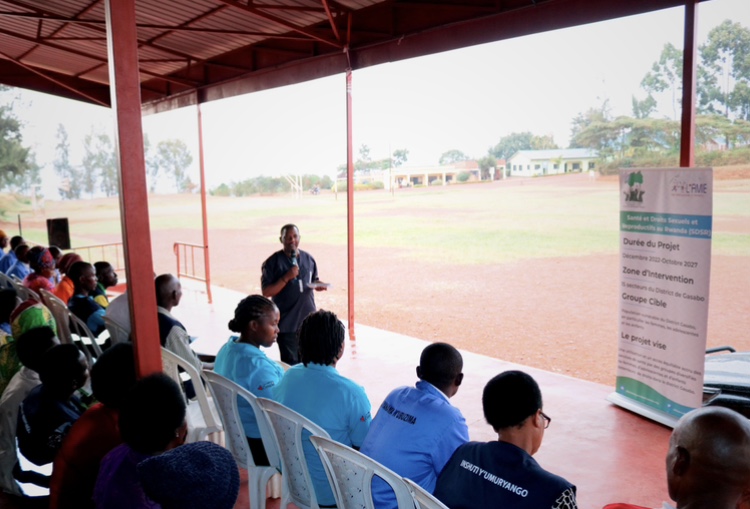
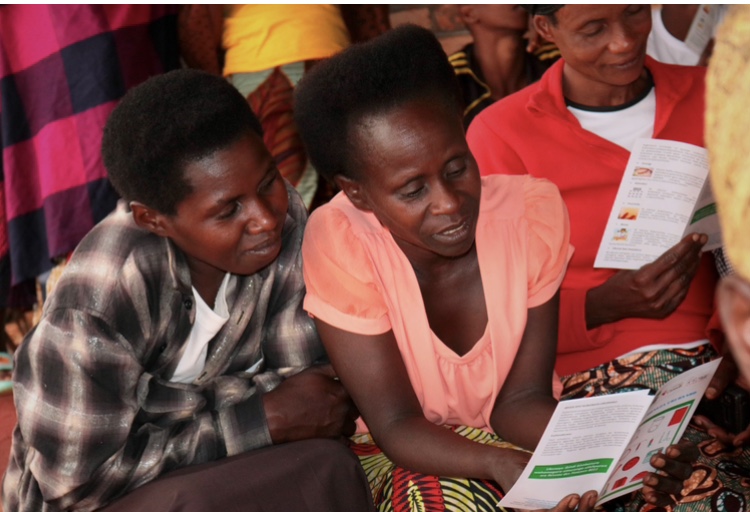
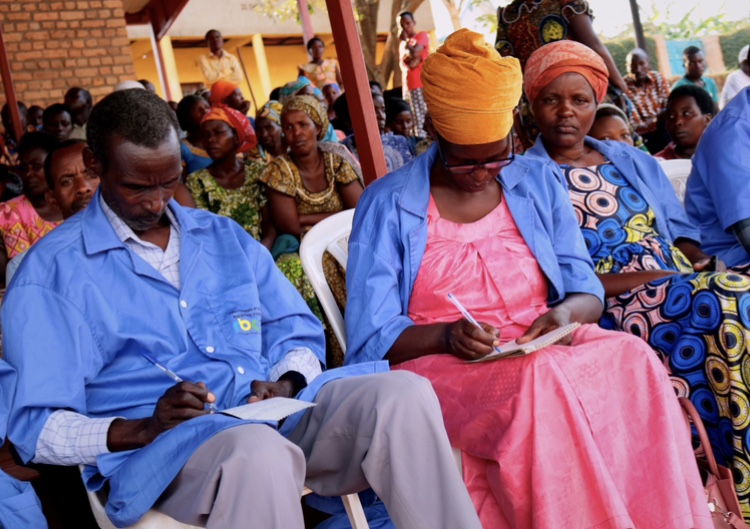
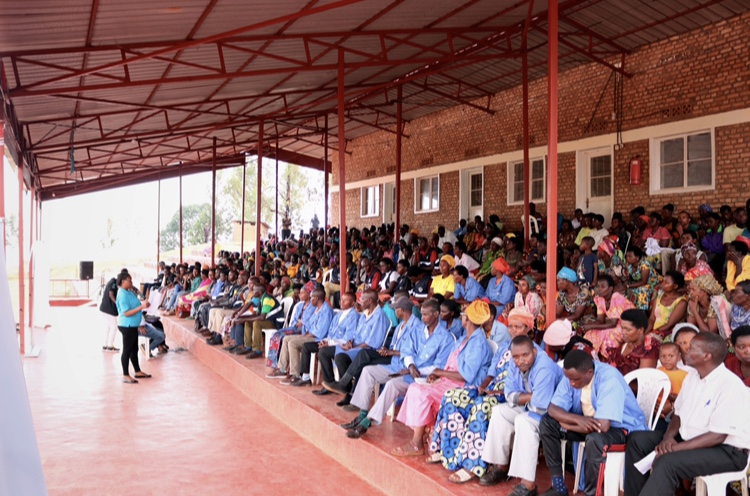
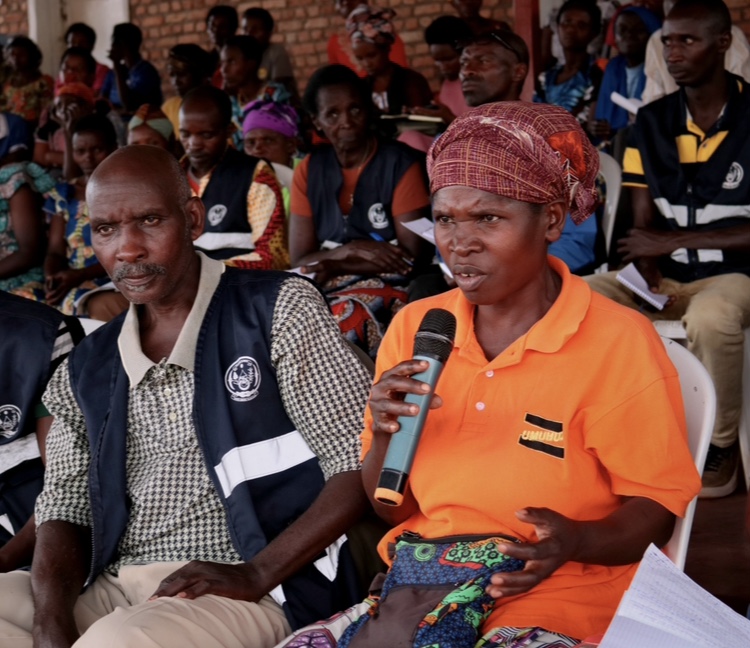
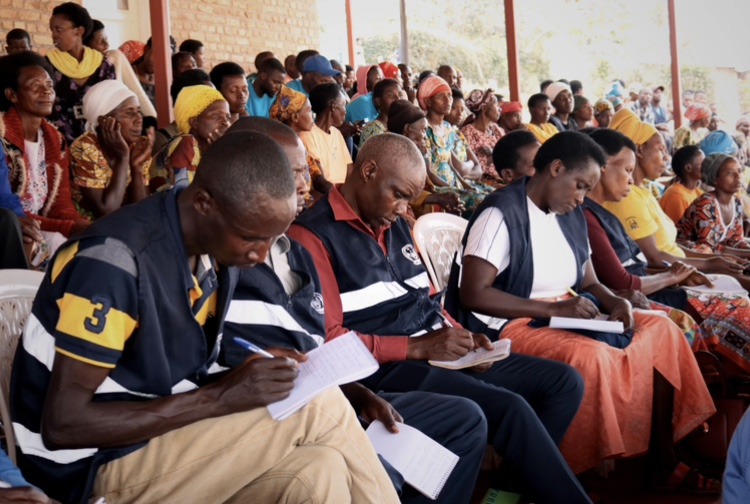
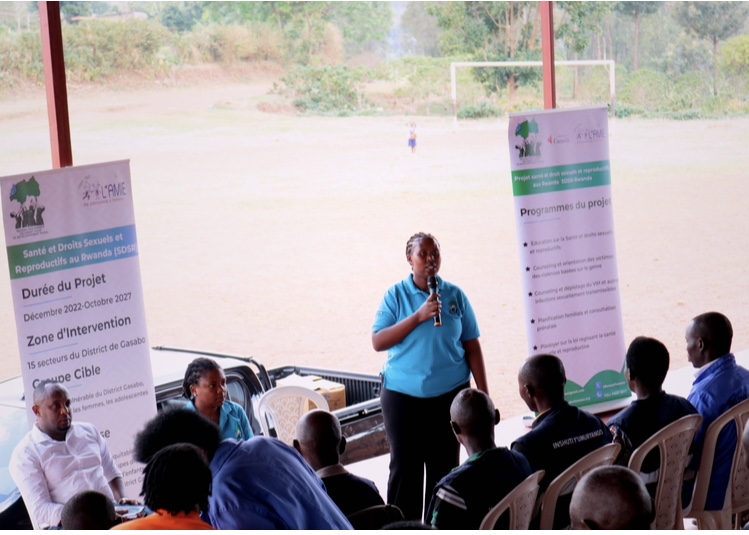

Related Articles
Global Agri & Food Safety Congress 2026: Building Resilient Food Systems in a Changing Climate
On 26–27 February 2026, international experts, researchers, industry leaders, farmers, and policymakers...
Why Animals Are a Key Piece of Africa’s Disaster Resilience Puzzle
Across Africa, people and animals have coexisted for centuries, not just sharing...
Leaders Call for Stronger Monitoring to Turn Ecosystem Restoration Commitments into Results
Nairobi, Kenya — 27 January 2026 Country and regional leaders, alongside technical...
Worm Tea: A Natural Path to Farming Without Harmful Chemicals
For much of his early farming life, Isaac Mubashankwaya believed chemical fertilizers...










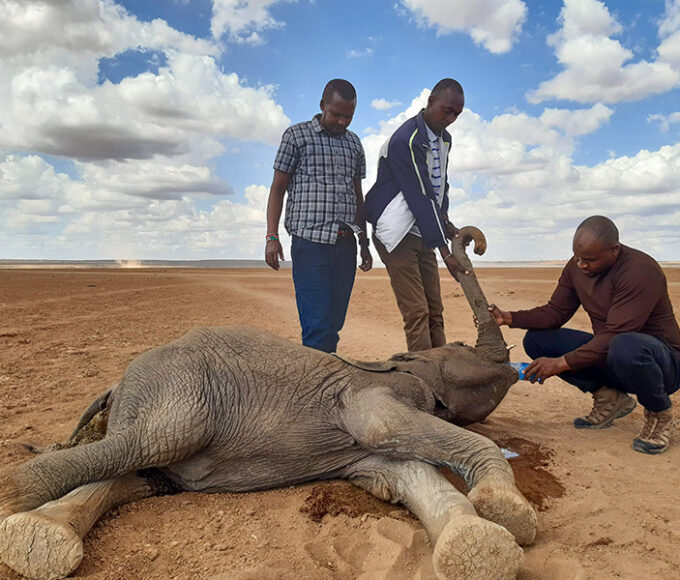
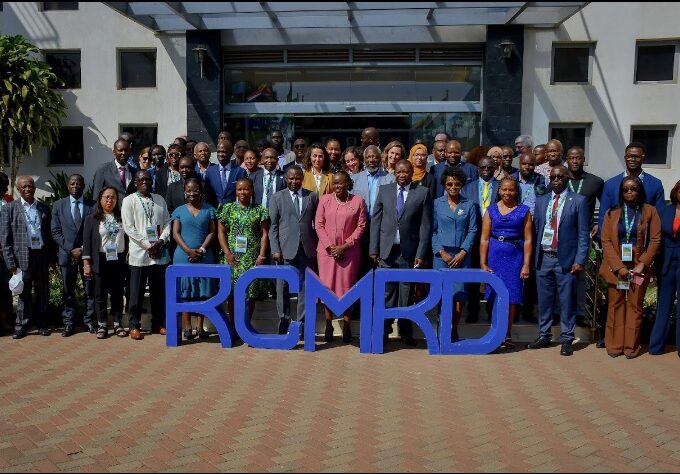

Leave a comment